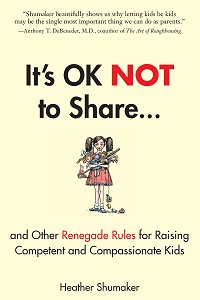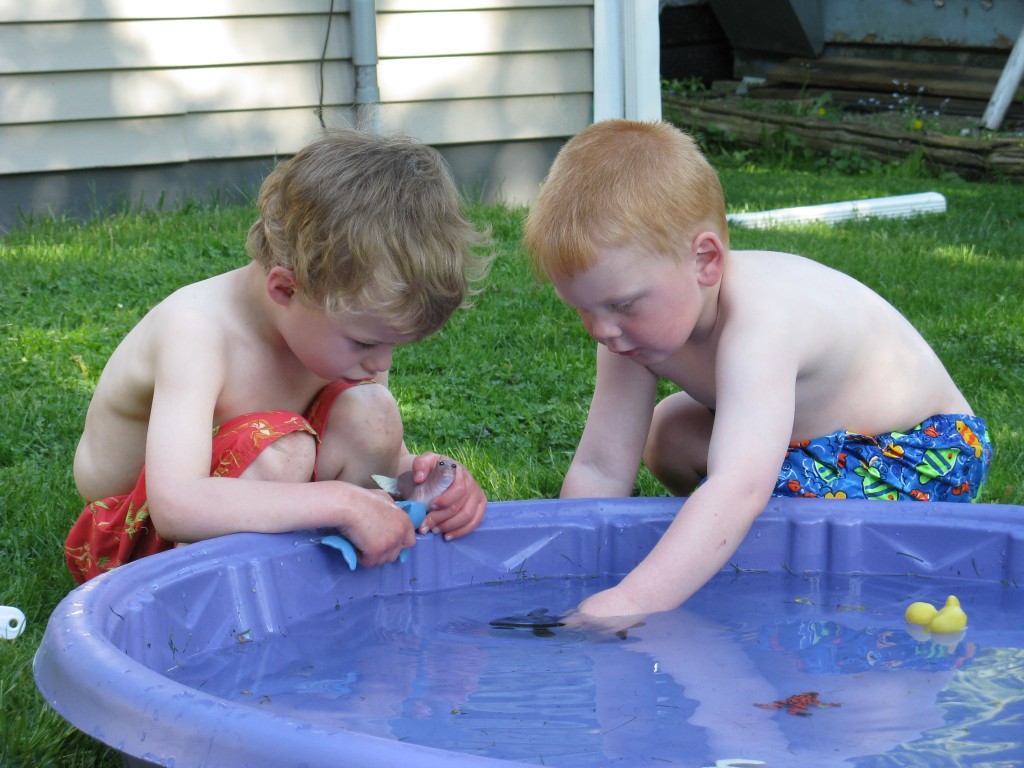Squeezing Play
We know kids need time to play, but how much time? As much as possible. But what's key when we talk about play time is protecting BLOCKS of time.
When I visit many "play-based" programs to observe, I see actual play - free, unstructured, child-initiated play - squeezed in between multiple structured activities. Sometimes play is only given 15 minutes. A sort of "in between" time while the adult sets up the next structured activity.
Other programs, especially ones based in elementary schools, are chock full of transitions. Children may get play time, but it's constantly interrupted by scheduled appointments such as gym, art, music, snack, language study, circle of friends, etc. These special classes may be worthy, but they also break up the young child's day.
Children need blocks of time to play. Researchers have found that blocks of 1-2 hours or more are ideal. Studies by Dr. James Christie and Dr. Franics Wardle show that shorter play periods (less than 30 minutes) reduce the complexity and maturity of kids' play. Kids will still play in short, squeezed bits, but they drop sophisticated play. Short play is still good, but when the sophistication level drops play loses many of its benefits.
Teachers at the School for Young Children have found that preschool kids need at least 45 minutes to get into really good play. And once deep play has started, kids need more time, well beyond that 45 minutes, to expand and develop that play. The game needs time to play out.
I recently visited a cooperative preschool in Ann Arbor. Their daily schedule included a set snack time in the middle of the morning. After hearing about the benefits of blocks of play, the school switched to an open snack. Kids could eat if they were hungry, but playtime wasn't stopped. What an amazing difference! Suddenly the morning play time transformed. Children got deeply involved with play. Ideas and language skills blossomed. "Thank God we got rid of snack time," one parent said. "So this is what uninterrupted play looks like."
We can do this in our homes, too. Be aware of how many outings and transitions you place in the day. It's fine to go out, but strive to preserve blocks of time in the day.
We all need this. Adults, too. Open time to develop our own ideas.
Do you have big blocks of time? How can you create 1-2 hour blocks so kids can develop sophisticated play?
 Interested? Learn more about the values of free play in It's OK Not to Share...And Other Renegade Rules.
Interested? Learn more about the values of free play in It's OK Not to Share...And Other Renegade Rules.
